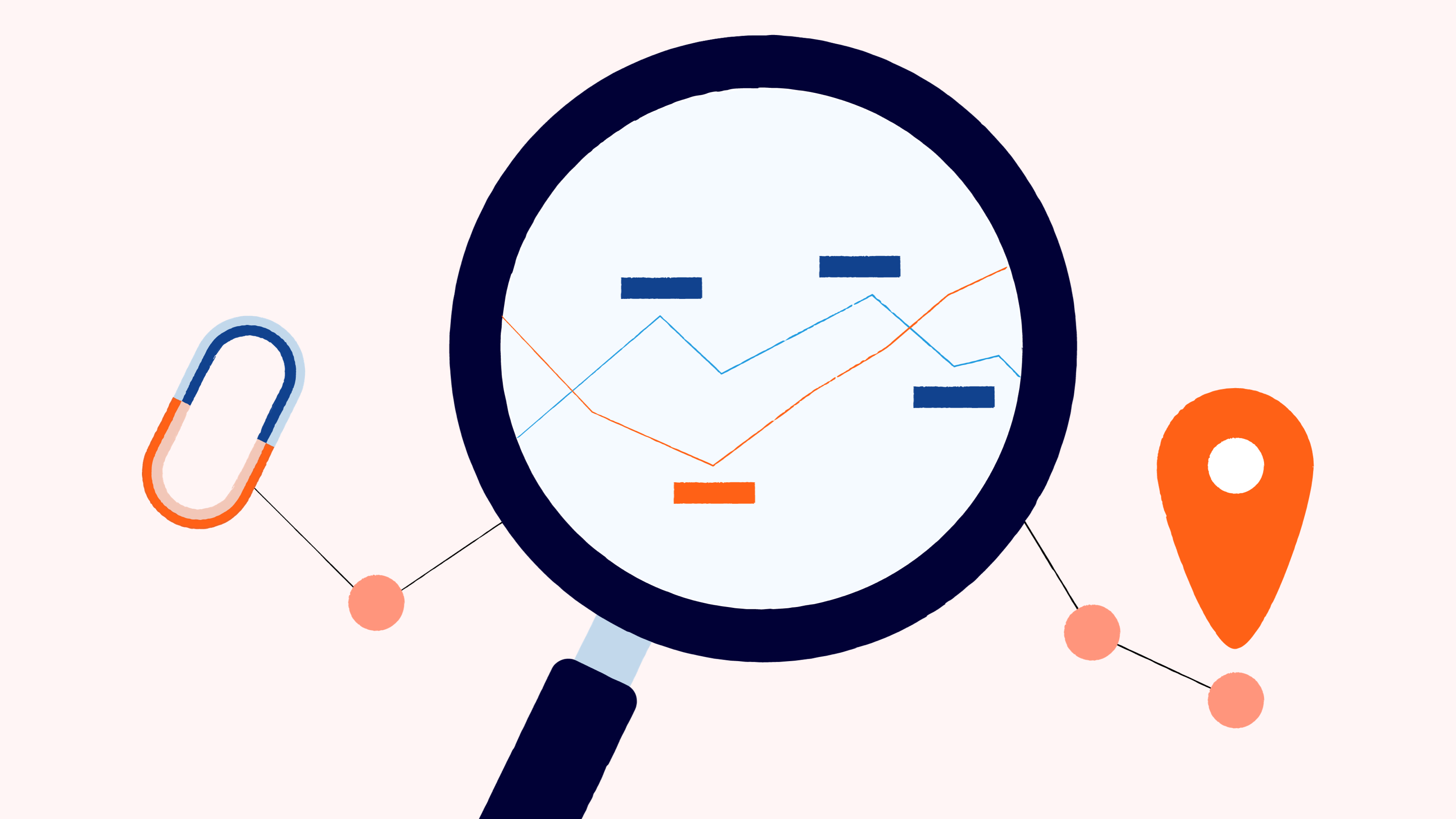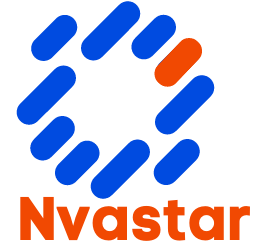How VPN Works
Before delving into whether a VPN can effectively hide your online activities from your ISP, it’s essential to understand how VPNs operate. Essentially, a VPN creates a secure and encrypted connection between your device and a remote server operated by the VPN service provider. This encrypted connection, often referred to as a tunnel, ensures that all data passing between your device and the internet is protected from prying eyes, including your ISP. Read about Public vs Private Networks
ISP Tracking Methods
ISPs have various methods for tracking and monitoring the online activities of their users. One common practice is logging user activity, which involves keeping records of websites visited, files downloaded, and other online interactions. Additionally, ISPs may employ deep packet inspection (DPI), a technique that involves analyzing the contents of data packets transmitted over the network to gather information about users’ online behavior.

Effectiveness of VPNs
In real-world scenarios, VPNs can be effective tools for protecting your privacy online. They are particularly useful when accessing the internet over unsecured networks, such as public Wi-Fi hotspots, where the risk of interception by malicious actors or surveillance by ISPs is higher. However, it’s essential to recognize that VPNs are not immune to potential risks and limitations. Discover about What Is Twilio
Benefits of Using a VPN
Despite their limitations, VPNs offer several benefits for internet users concerned about privacy and security. In addition to masking your IP address and encrypting your data, VPNs can also help bypass censorship and geo-restrictions, allowing you to access content that may be blocked in your region.
Choosing the Right VPN
When selecting a VPN provider, it’s crucial to consider various factors, including the provider’s logging policies, encryption protocols, server locations, and user reviews. Popular VPN providers such as ExpressVPN, NordVPN, and Surfshark offer a range of features designed to enhance privacy and security online. Learn about Data Wrangling vs Data Cleaning
VPN vs. ISP
Comparing the privacy policies of VPN providers and ISPs can provide insight into the level of protection offered by each. While VPN providers often tout their commitment to user privacy and data protection, ISPs may have legal obligations to collect and retain certain information about their customers’ online activities.
Tips for Maximizing Privacy
In addition to using a VPN, there are several steps you can take to maximize your privacy and security online. These include using strong, unique passwords for all your accounts, enabling two-factor authentication, and regularly updating your software and security settings.
Case Studies
Examining real-world examples can shed light on the effectiveness of VPNs in protecting user privacy. While there have been instances of successful VPN usage to evade ISP tracking, there have also been cases where VPNs failed to provide adequate protection, resulting in exposure of users’ online activities.
Future of VPN Technology
As technology continues to evolve, both VPNs and ISP tracking methods are likely to undergo further developments. Advances in encryption and privacy-enhancing technologies may offer new opportunities for protecting online privacy, while ISPs may continue to refine their tracking and monitoring capabilities.

Conclusion
In conclusion, while VPNs can offer enhanced privacy and security by encrypting your internet traffic and masking your IP address, they are not foolproof solutions for hiding your online activities from your ISP. However, by understanding the limitations of VPNs and implementing additional security measures, you can minimize the risk of being tracked or monitored online.
FAQs
- Can my ISP see that I’m using a VPN?
- While your ISP can see that you’re connecting to a VPN server, they won’t be able to see the contents of your encrypted traffic.
- Are free VPNs safe to use?
- Free VPNs may pose risks to your privacy and security, as they often have less robust encryption and may log user data for advertising purposes.
- Can I be traced through a VPN?
- While VPNs can mask your IP address and encrypt your data, it’s still possible for determined adversaries to trace your online activities through other means.
- Do VPNs slow down internet speed?
- VPNs can potentially slow down your internet speed due to the encryption and routing of your traffic through remote servers, but the extent of the slowdown depends on various factors.
- Is using a VPN legal?
- In most countries, using a VPN is legal, but it’s essential to comply with local laws and regulations regarding internet usage and privacy.
